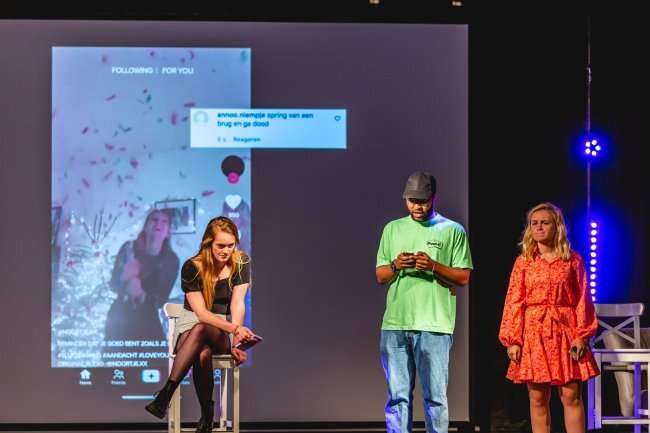The Dutch do little to address hurtful behavior online

Digital media users between the ages of 16 and 80 do little to stand up for each other on social media when they see someone being publicly humiliated, excluded or ignored. Yet 70% think we need to treat each other differently and that we can do something to address hurtful online behavior. This is according to research by the Dutch Media Literacy Network, the Dutch Research Agenda (NWA) and Erasmus University Rotterdam (EUR).
"Hurtful online behavior, such as public shaming or excluding people, is a major social problem. Journalists, politicians, scientists and the general public are all affected by it," says Mary Berkhout-Nio, program director of the Dutch Media Literacy Network.
"It's important in our digital society that we know how to respond when people demonstrate undesirable behavior on social media. We need upstanders: bystanders who actively stand up for others to counter hurtful online behavior. If you were attacked on the street, then you would hope that someone would intervene to help you. Standing up for each other should also be the standard online." New research shows that this isn't happening yet. Even though people believe it's important to stand up for others, they often feel incapable of doing so.
Lack of media literacy to act against hurtful online behavior
The research reveals several reasons why bystanders don't take action. For instance, people say they don't have the right skills. "The research findings highlight the importance of media literacy education and training, for young and old alike," says Berkhout-Nio. "That's why this year's Media Literacy Week is dedicated to the message #keepitsocial. Based on the research findings, concrete tips and recommendations have been developed to turn bystanders into upstanders."
State Minister for Culture and Media Gunay Uslu encourages everyone to become an upstander. "Bystanders can go a long way in encouraging social behavior online. The Media Literacy Week therefore makes people aware that you can always do something against hurtful online behavior. If we tackle this problem together, we can make the online world a safer place for everyone."
Provided by Netherlands Organisation for Scientific Research (NWO)